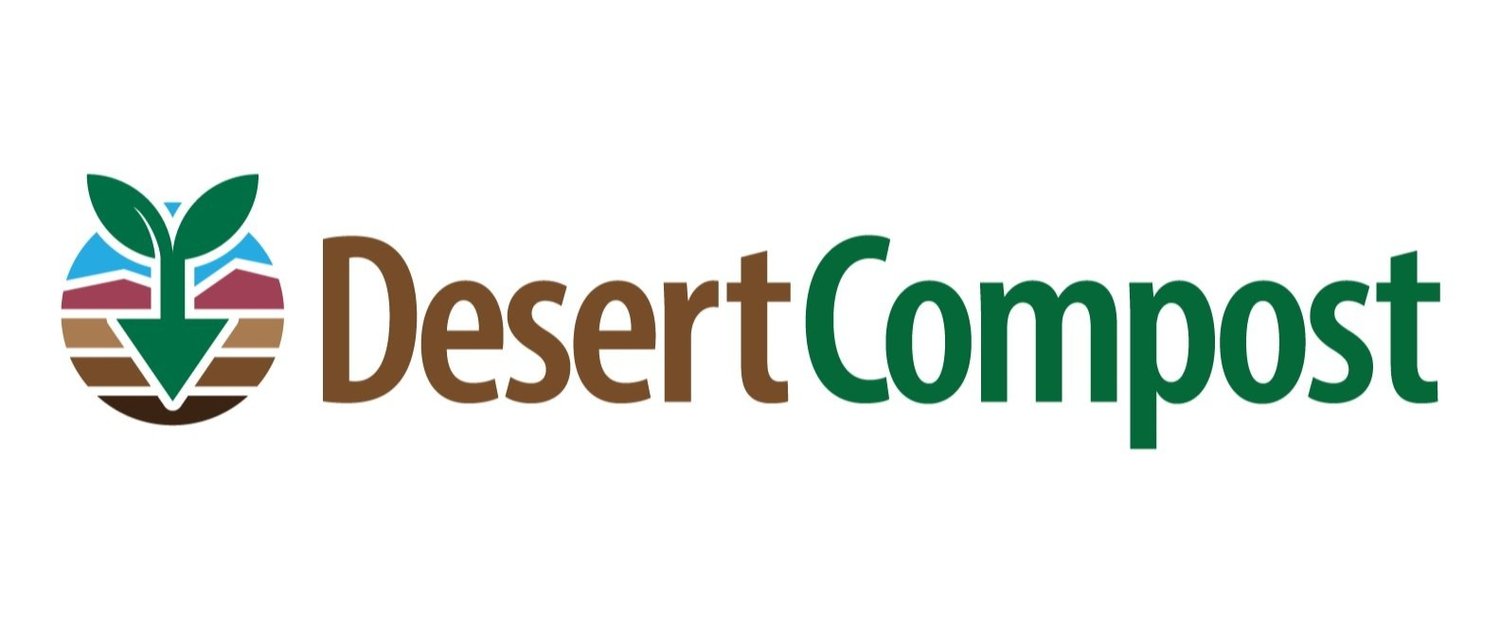Below The Surface: Closing the Local Food Loop
Desert Compost started with a dedicated group of volunteers who want to help steward our environment and create regenerative, closed-loop food systems as a way to improve our local community and heal our planet by mitigating climate change.
Sounds like a big deal, right?
WE'RE DOING IT!!!
On February 10 2023, the McCarthy Family Child Development & Training Center at College of the Desert will be doing their spring planting in their children’s garden. The garden features 20 planter boxes and is adjacent to the composting area. In addition to providing meaningful learning experiences and fresh fruits and vegetables for children and their families, the McCarthy garden is also a model for how we all can eat better and slow the effects of climate change.
According to program director Dianne Russom, "Thanks to Desert Compost supporting our waste reduction efforts, we have begun composting our organic materials coming out of the student meal times to feed our own garden. But since our compost isn't quite ready, we bought finished compost from Desert Compost partners at St. Margaret's. They started with Desert Compost a year earlier and were able to sell us 984 pounds of compost. It only cost $320 and $100 to deliver! They were so nice, and the best part is that our children are learning where our food goes and where it comes from."
Using organic material to create compost not only keeps landfills from producing more greenhouse gasses, it also conserves water, preserves topsoil, and enriches our gardens more safely and effectively than commercial fertilizer. Plus, if you compost organic materials from your kitchen, the product is already paid for. The McCarthy program spent $320 for nearly half a ton of finished compost. That is quite a value when you consider that a 10lb. bag of compost retails for $22 on Amazon.
"Quality is really important to us," said St. Margaret's Education and Outreach director Chet Hecht. "Desert Compost helped us supervise everything that went into our compost and chemically analyze it as it decomposed. It's good stuff!"
"This is why we're here," said Desert Compost director Haley Preston. "It literally means the world to us that neighbors are helping each other grow. Composting is a simple, inexpensive way for each of us to make a difference."
